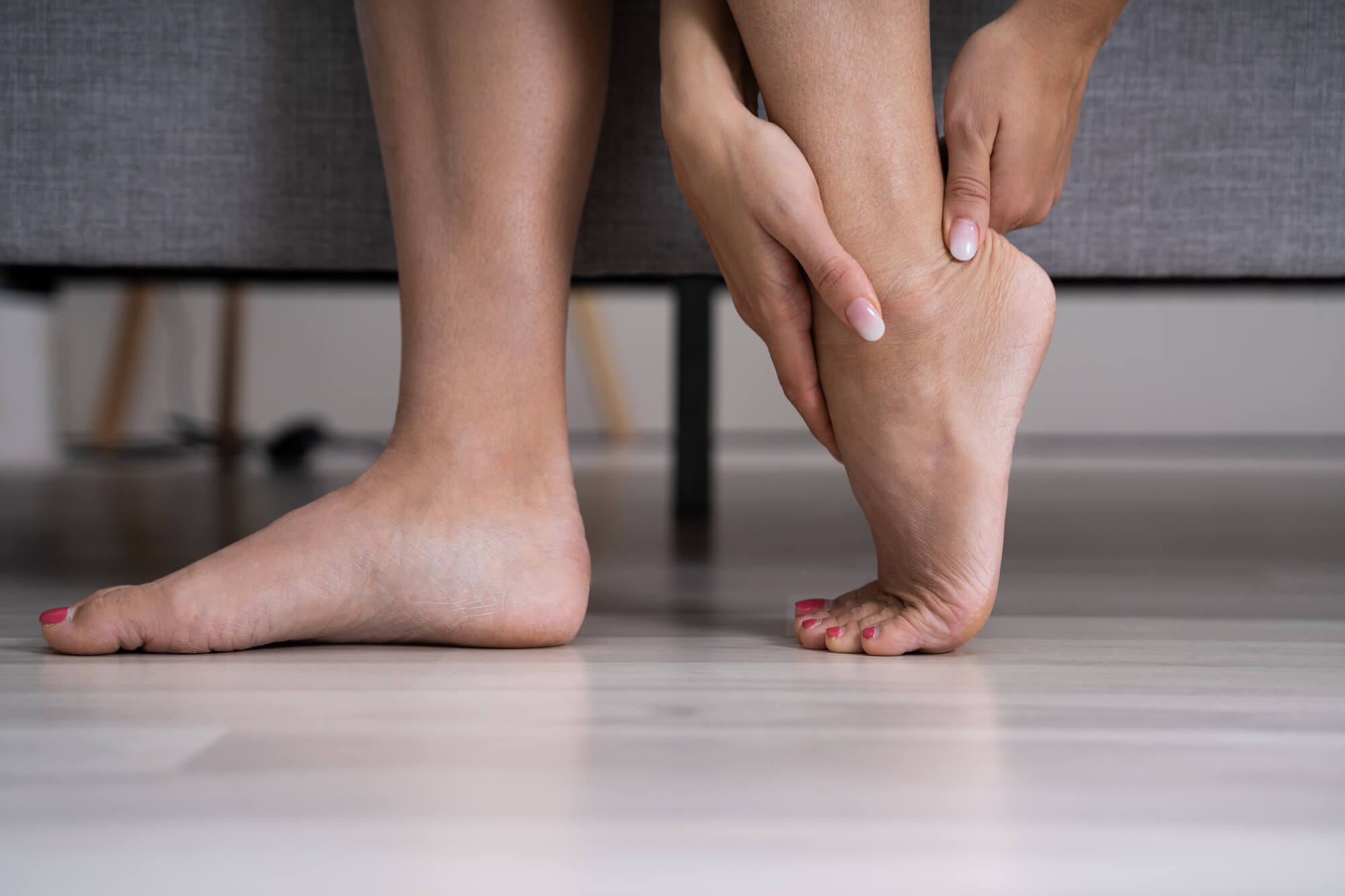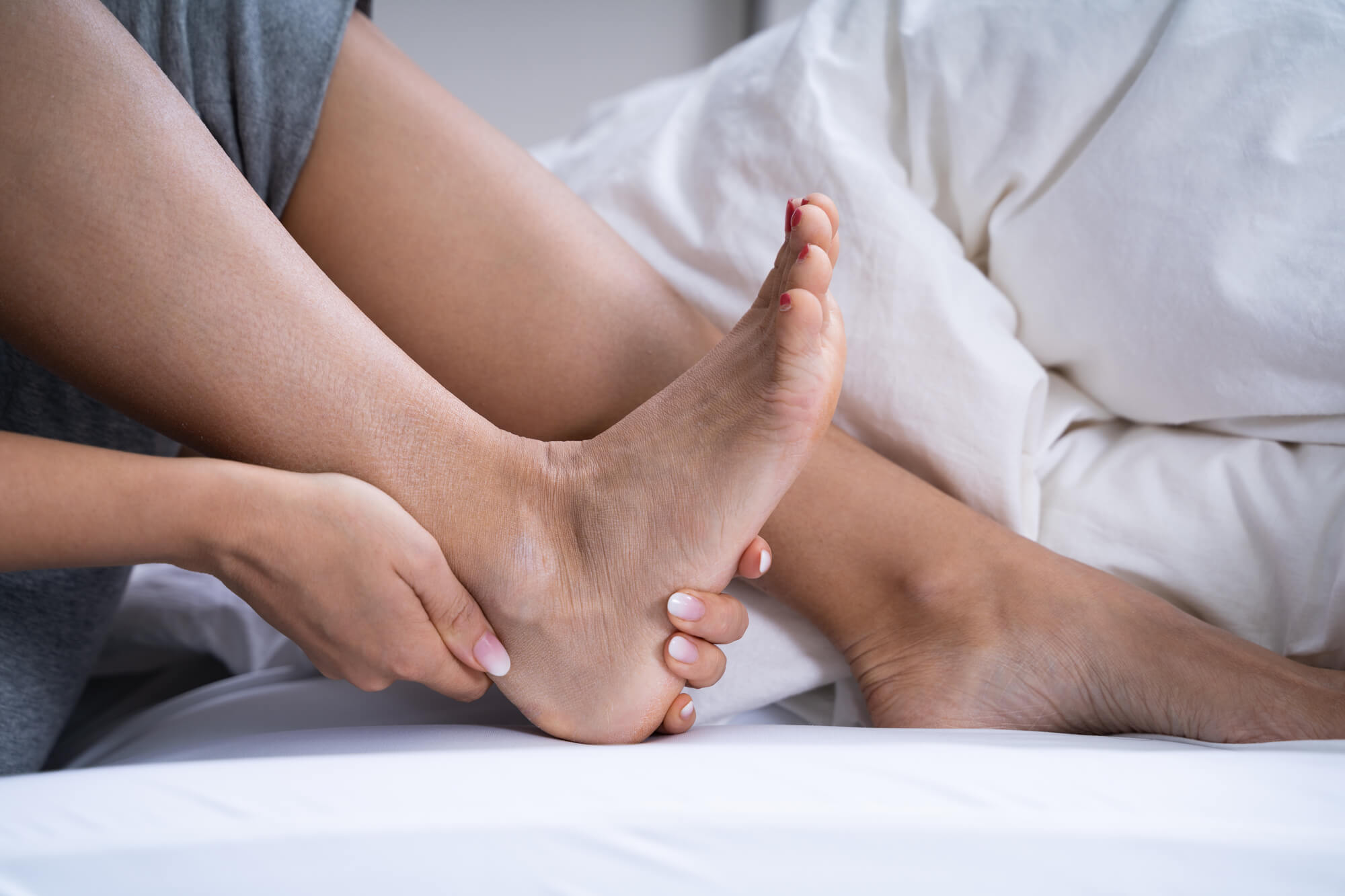Managing Achilles Tendonitis Flare-Ups
Achilles tendonitis, a common condition among athletes and active individuals, can cause discomfort and hinder mobility. Understanding the symptoms, treatment options, and preventive measures is crucial for effectively managing this condition. In this comprehensive guide, we'll delve into the intricacies of Achilles tendonitis, exploring its causes, symptoms, treatment modalities, and strategies for prevention.
Key Takeaways
- Proper management of Achilles tendonitis involves understanding its causes, symptoms, and triggers for flare-ups.
- Treatment options range from conservative measures like rest and ice to advanced therapies such as corticosteroid injections and surgery.
- Prevention strategies include wearing proper footwear, stretching, and gradually increasing physical activity to avoid overuse injuries.
Understanding Achilles Tendonitis
Overview of Tendon Problems
Tendons are fibrous tissues that connect muscles to bones, facilitating movement and providing stability. The condition is known as tendonitis or tendinitis when these tendons become inflamed. Achilles tendonitis specifically affects the Achilles tendon, the large tendon that connects the calf muscles to the heel bone.
Exploring Achilles Tendonitis
The Achilles tendon is one of the body's strongest and most frequently used tendons. However, it is also susceptible to overuse and injury, particularly in individuals who engage in repetitive movements or sudden changes in intensity. Achilles tendonitis often results from overuse, leading to inflammation and irritation of the tendon.
Causes and Risk Factors
Several factors contribute to the development of Achilles tendonitis, including:
- Overuse: Engaging in running, jumping, or high-impact sports without adequate rest can strain the Achilles tendon, leading to inflammation.
- Improper Footwear: Wearing shoes with inadequate support or improper fit can increase stress on the Achilles tendon, predisposing it to injury.
- Poor Biomechanics: Issues such as flat feet, high arches, or tight calf muscles can alter the mechanics of the foot and ankle, placing additional strain on the Achilles tendon.
- Age and Activity Level: As individuals age, the tendons may become less flexible and more prone to injury. Additionally, sudden increases in physical activity or training intensity can increase the risk of tendonitis.
Symptoms of Achilles Tendonitis
Recognizing Achilles Tendonitis Symptoms
Symptoms of Achilles tendonitis typically manifest as pain and stiffness in the back of the heel or lower calf. Common signs include:
- Pain: Tenderness and discomfort along the Achilles tendon, particularly during physical activity or upon waking in the morning.
- Swelling: Inflammation and swelling in the affected area, often accompanied by warmth and redness.
- Stiffness: Reduced flexibility and range of motion in the ankle joint, making movement painful and challenging.
- Thickening of the Tendon: In severe cases, the Achilles tendon may become thickened or nodular, indicating chronic inflammation and degeneration.
Differentiating Between Acute and Chronic Tendonitis
Achilles tendonitis can be classified as acute or chronic, depending on the duration and severity of symptoms. Acute tendonitis typically presents with sudden onset pain and inflammation, often following increased activity or intensity. Chronic tendonitis, on the other hand, develops gradually over time and may persist for weeks or months if left untreated.

What Triggers Achilles Tendonitis Flare-Ups?
Identifying Common Triggers
While Achilles tendonitis can occur due to various factors, certain triggers may exacerbate symptoms or lead to flare-ups:
- Intense Physical Activity: Engaging in high-impact sports or activities without proper conditioning or warm-up can strain the Achilles tendon, increasing the risk of flare-ups.
- Inadequate Warm-Up or Cool-Down: Failing to adequately prepare the muscles and tendons before exercising or neglecting to stretch and cool down afterward can contribute to tendonitis flare-ups.
- Improper Footwear: Wearing shoes with inadequate cushioning or support can place excessive stress on the Achilles tendon, exacerbating inflammation and discomfort.
- Overuse or Repetitive Movements: Continuously performing activities that involve repetitive movements or excessive strain on the Achilles tendon can lead to overuse injuries and flare-ups.
Treating Achilles Tendonitis Flare-Ups
Conservative Treatment Options
- Rest: Resting the affected leg and avoiding activities aggravating symptoms are essential for healing the tendon.
- Ice: Applying ice packs to the injured area can help reduce inflammation and alleviate pain. Ice should be applied for 15-20 minutes several times daily.
- Compression: Wrapping the injured area with a compression bandage can help reduce swelling and support the Achilles tendon.
- Elevation: Elevating the affected leg above the heart level can help minimize swelling and promote circulation.
- Over-the-Counter Pain Relief: Nonsteroidal anti-inflammatory drugs (NSAIDs) such as ibuprofen or naproxen can help reduce pain and inflammation associated with Achilles tendonitis.
- Physical Therapy: A tailored exercise program focused on stretching and strengthening the calf muscles and Achilles tendon can help improve flexibility, reduce strain, and prevent future flare-ups.
- Orthotic Inserts: Custom or over-the-counter shoe inserts can provide additional support and cushioning, relieving pressure on the Achilles tendon during activities.
Advanced Treatment Approaches
In cases of severe or persistent Achilles tendonitis, advanced treatment options may be necessary:
- Corticosteroid Injections: Injections of corticosteroids directly into the affected area can help reduce inflammation and alleviate pain.
- Platelet-Rich Plasma (PRP) Therapy: PRP therapy involves injecting a concentrated solution of platelets from the patient's blood into the injured tendon, promoting tissue repair and regeneration.
- Extracorporeal Shockwave Therapy (ESWT): ESWT uses shockwaves to stimulate blood flow and accelerate the healing process in damaged tendons.
- Surgery: In severe cases of Achilles tendonitis where conservative treatments have failed to provide relief, surgical intervention may be recommended to repair or remove damaged tissue and alleviate symptoms.

Preventing Achilles Tendonitis and Flare-Ups
Best Practices for Prevention
- Proper Footwear: Choose shoes with adequate cushioning and support, especially for activities that involve repetitive impact on the feet and ankles.
- Stretching and Strengthening Exercises: Incorporate regular stretching and strengthening exercises into your fitness routine to improve flexibility and reduce strain on the Achilles tendon.
- Gradual Progression in Physical Activity: Avoid sudden increases in training intensity or duration and allow adequate time for rest and recovery between workouts.
- Listening to Your Body: Pay attention to warning signs such as pain, stiffness, or swelling in the Achilles tendon, and adjust your activity level accordingly to prevent overuse injuries.
- Maintaining a Healthy Lifestyle: Eat a balanced diet, stay hydrated, and get enough rest to support overall musculoskeletal health and reduce the risk of tendonitis and other sports-related injuries.
Conclusion
Achilles tendonitis can be debilitating, but with proper management and preventive measures, individuals can effectively alleviate symptoms and reduce the risk of flare-ups. By understanding the causes, recognizing the symptoms, and implementing appropriate treatment modalities, individuals can maintain foot health and mobility, allowing them to continue enjoying their favorite activities. As experienced podiatrists at ePodiatrists, we emphasize the importance of early intervention, personalized treatment plans, and ongoing support for individuals with Achilles tendonitis. If you're experiencing symptoms or have concerns about Achilles tendonitis flare-ups, don't hesitate to schedule an appointment with us for expert care and guidance. Let's work together to keep your Achilles tendon strong and healthy for years.

